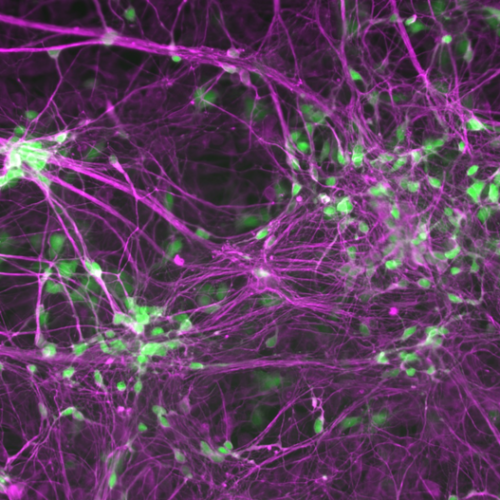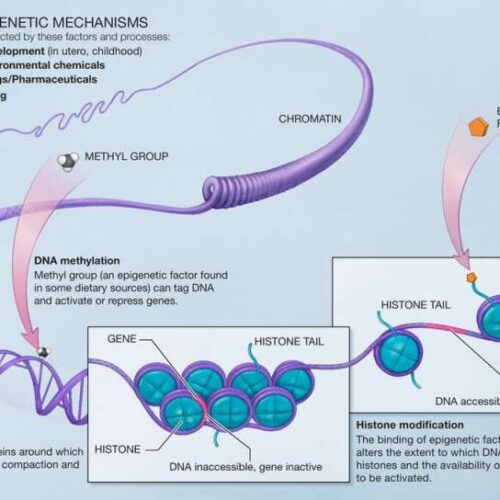KECK SCHOOL OF MEDICINE OF USC IMAGE: HUMAN INDUCED MOTOR NEURONS THAT ARE LABELED WITH A MOTOR NEURON MARKER HB9 IN GREEN AND A NEURON MARKER TUJ1 IN PURPLE. CREDIT: ICHIDA LAB Each year in the U.S., 5,000 patients receive a diagnosis of ALS, an incurable neurodegenerative disease that will likely kill them within two...
Tag: <span>ALS treatment</span>
New approaches to treatment of ALS at the DZNE
DZNE – GERMAN CENTER FOR NEURODEGENERATIVE DISEASES A drug that is used to treat immune diseases could help patients with incurable amyotrophic lateral sclerosis (ALS) in the future: Initial indications suggest that the immune system plays a role in the usually very rapid progression of ALS. In a clinical trial at the DZNE’s Bonn and...
Identifying DNA regions affected by lifestyle and environmental risk factors could pinpoint avenues for ALS treatment
by Ramona Zwamborn, Jan Veldink and Paul J. Hop, The Conversation Environmental factors can affect genetic material through an epigenetic mechanism that involves methyl groups tagging DNA to turn it on or off. Credit: National Institutes of Health Amyotrophic lateral sclerosis is a devastating neurodegenerative disease that affects about 1 in 50,000 people. Well-known people who suffered...
Stem cell transplants may advance ALS treatment by repair of blood-spinal cord barrier
Researchers at the University of South Florida show in a new study that bone marrow stem cell transplants helped improve motor functions and nervous system conditions in mice with the disease Amyotrophic Lateral Sclerosis (ALS) by repairing damage to the blood-spinal cord barrier. In a study recently published in the journal Scientific Reports, researchers in USF’s...


